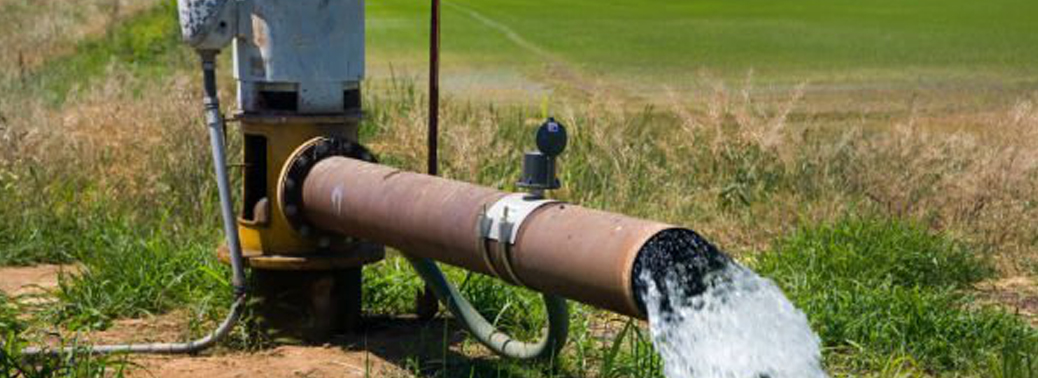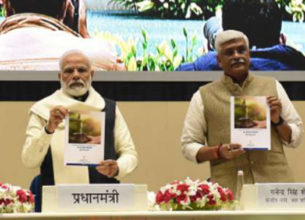NATIONAL GROUNDWATER MANAGEMENT IMPROVEMENT PROGRAMME
19, Feb 2020

Prelims level : Resources
Mains level : GS-I Distribution of key Natural Resources across the world (including South Asia and the Indian sub-continent); factors responsible for the location of Primary, Secondary, and Tertiary Sector Industries in various parts of the world (Including India)
Why in News?
- The Government of India and the World Bank have signed a $450 million loan agreement to support the national programme to arrest the country’s depleting groundwater levels and Strengthen Groundwater Institutions.
Highlights:
- The World Bank-supported programme will be implemented in the states of Gujarat, Maharashtra, Haryana, Karnataka, Rajasthan, Madhya Pradesh, and Uttar Pradesh and cover 78 districts.
- These states span both the hard rock aquifers of peninsular India and the alluvial aquifers of the Indo-Gangetic plains.
- They were selected based on several criteria, including degree of groundwater exploitation and degradation, established legal and regulatory instruments, institutional readiness, and experience in implementing initiatives related to groundwater management.
- This programme will contribute to rural livelihoods and in the context of climatic shifts, build resilience of the rural economy.
Objectives:
- The programme will, among others, enhance the recharge of aquifers and introduce water conservation practices; promote activities related to water harvesting, water management, and crop alignment; create an institutional structure for sustainable groundwater management; and equip communities and stakeholders to sustainably Manage Groundwater.
Particulars:
- The programme will introduce a bottom-up planning process for community-driven development of water budgets and Water Security Plans (WSPs).
- Water budgets will assess surface and groundwater conditions (both quantity and quality) and identify current and future needs.
- The WSP, on the other hand, will focus on improving Groundwater Quantity and incentivize selected states to implement the actions proposed.
- Such community-led management measures will make users aware of consumption patterns and pave the way for economic measures that reduce groundwater consumption.
- Crop management and diversification will be the other Focus Areas.







